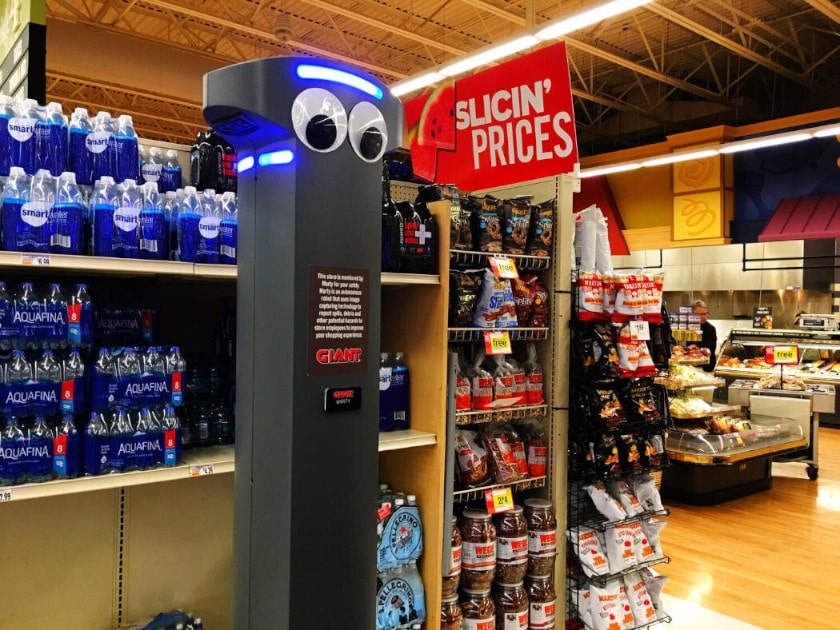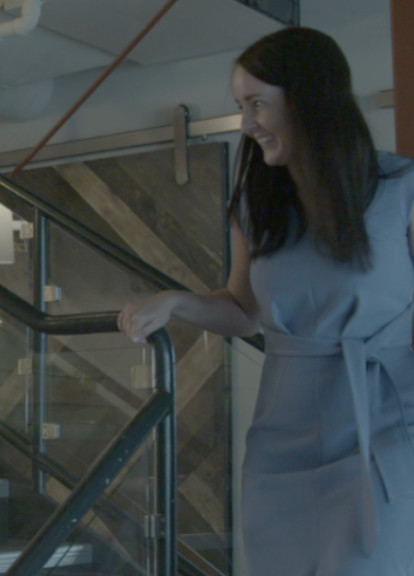
Imagine you’ve gone to the grocery store to pick up a snack or some supplies for dinner and then, out of nowhere … BAM. Whether it was the excess water on the floor in the produce section or an unforeseen crack in the floor, you slip, fall, and injure yourself. These slip and fall accidents are actually a common occurrence. While the exact numbers aren’t tracked, more than 42,000 workers are injured annually due to fall accidents. And that’s just the workers, not including customers.
In these cases, grocery stores could actually be liable for your slip and fall accident as a result of things like an employee neglecting protocol or negligence on the part of the property owner. This is because grocery stores have an obligation to make sure their stores are free from harm that could have been prevented. Failing to do so can open them up to potential lawsuits from those that do find themselves getting injured. Some common causes of slip and falls in grocery stores include:
- Water build-up in the floral or produce section.
- Slippery entrances and exits due to melting snow or rainy weather
- Cracked or uneven flooring
- No warning signs when a hazard is knowingly present but unable to be attended to immediately
How do I know if it was negligence?
In personal injury law, negligence arises when one party acts in a substandard way. While it depends on the specifics of each situation, a grocery store has a duty to ensure that those on the premises are reasonably safe from injury. Failing to do so could lead to liability under the applicable legislation in the province. In this situation, this will likely be the Occupier’s Liability Act for the province in which the slip and fall occurred. If you aren’t sure, it is important to contact an experienced personal injury lawyer as soon as reasonably possible after your slip and fall accident to find out whether your injury was the result of negligence.
What are grocery stores doing to prevent slip and falls?
As you can probably imagine, grocery stores around the world are actively finding ways to prevent these incidents from occurring. Depending on the severity, facing a lawsuit can be a major expense to a grocery store that could potentially have been avoided by ensuring proper care was taken.
Enter Marty, an innovative new way of preventing slip and falls.
New to Giant Food Stores, Martin’s, and Stop & Shop’s throughout the United States and beyond, Marty is a service robot that uses embedded cameras to navigate the store looking for potential slip hazards, while avoiding customers and store displays. When a spill or hazard is noticed, Marty will alert customers verbally by saying “Caution. Hazard detected.” After moving along from the hazard for a few minutes, Marty will return to the scene of each spill and wait until an employee presses a button acknowledging that the hazard was resolved.
Walmart has also begun using robotic janitors to help clean their store floors.
Where Marty could have helped
Let’s take a look at the 2018 British Columbia case of Harrison v Loblaws, Inc. Here, a plaintiff stepped in a large pool of liquid laundry detergent while shopping, causing them to fall and hit the back of their head on the floor. When they brought a lawsuit against Loblaws, it was determined that having owed the plaintiff a duty of care, there was insufficient evidence to indicate that the defendant had adhered to its system of inspection and maintenance on the day of the accident. As such, the plaintiff was entitled to roughly $755,000 in damages.
How could Marty have prevented this situation? Well, had Marty been in this store prior to the accident, it is likely that Marty would have come across the large pool of liquid detergent on its journey throughout the store. In doing so, Marty would have been able to sound its warning call, ensure customers were aware of the spill and return to the spill if not promptly cleaned to ensure no one slipped. Doing so would make it likely that this laundry detergent spill was cleaned up before anyone had the chance to slip and injure themselves, saving the plaintiff in the Harrison case from suffering a mild traumatic brain injury, forever impacting their way of life.
A step in the right direction
New measures, like Marty, can have extraordinary benefits for stores, employees, and the customers who visit these stores. Having an extra set of robotic eyes tending to the store allows paid employees more time to interact with customers and tend to potential hazards that may have been missed. Further, having Marty roam the floors can make sure customers are aware of the potential hazard before a worker can properly tend to it. As you can see from this video of Marty in action, it’s hard to miss a hazard once Marty spots it. Having such a distinct warning mechanism, Marty helps the employees, the store, and most importantly, the customers from unnecessary injuries. By doing so, it further guarantees we can all enjoy our day, negligence and fall free.
Request a
Free Consultation
MacGillivray Law is a personal injury law firm with offices in Nova Scotia, New Brunswick, and Newfoundland and Labrador. We serve clients all across Canada.
If you cannot travel to one of our offices, we will accommodate your circumstances and travel needs. We can provide a consultation by phone, Zoom, or FaceTime, or travel to meet you in your home when required.
If you would like to learn your legal options at no obligation, contact us today to set up a free consultation.
